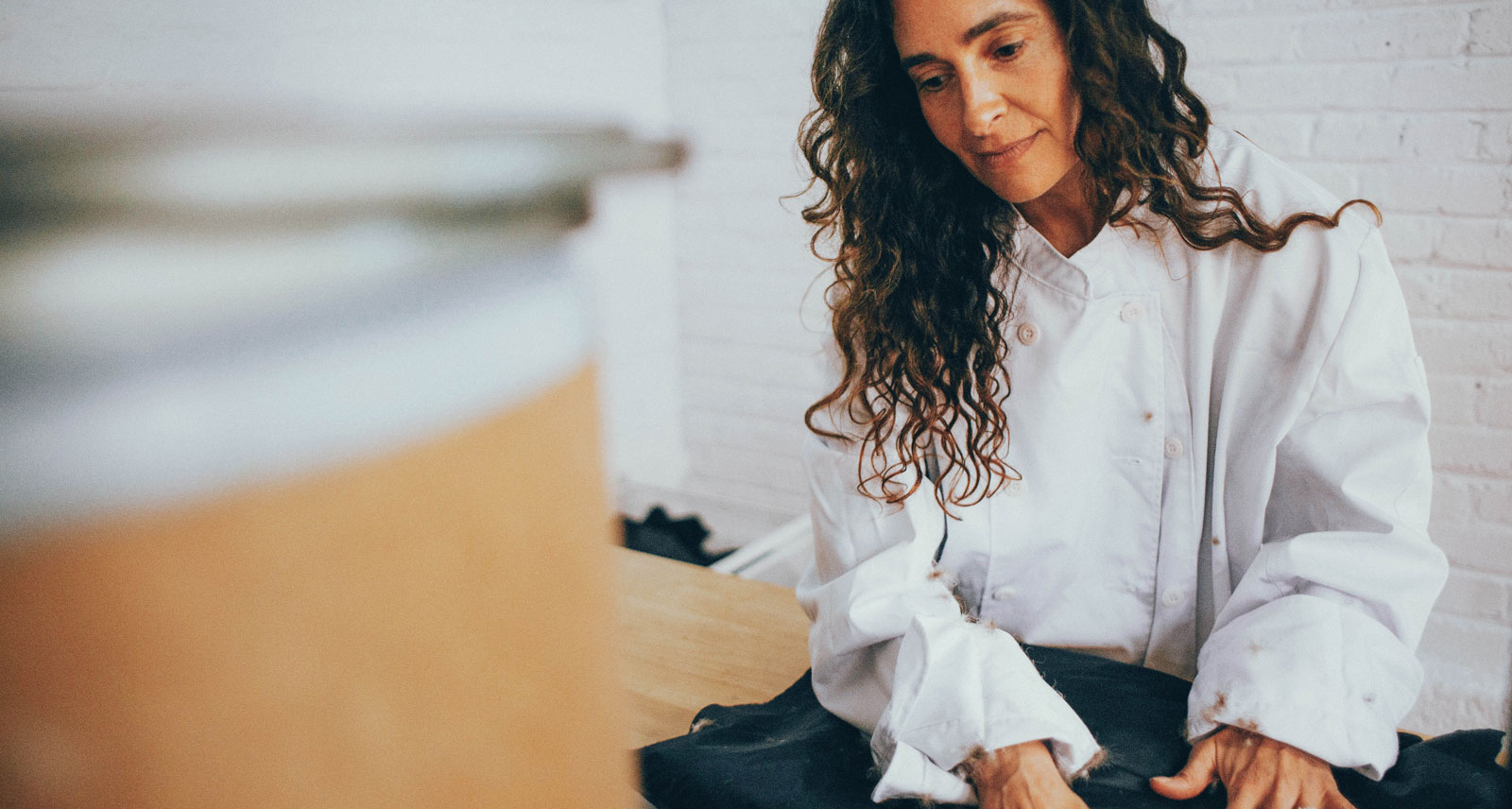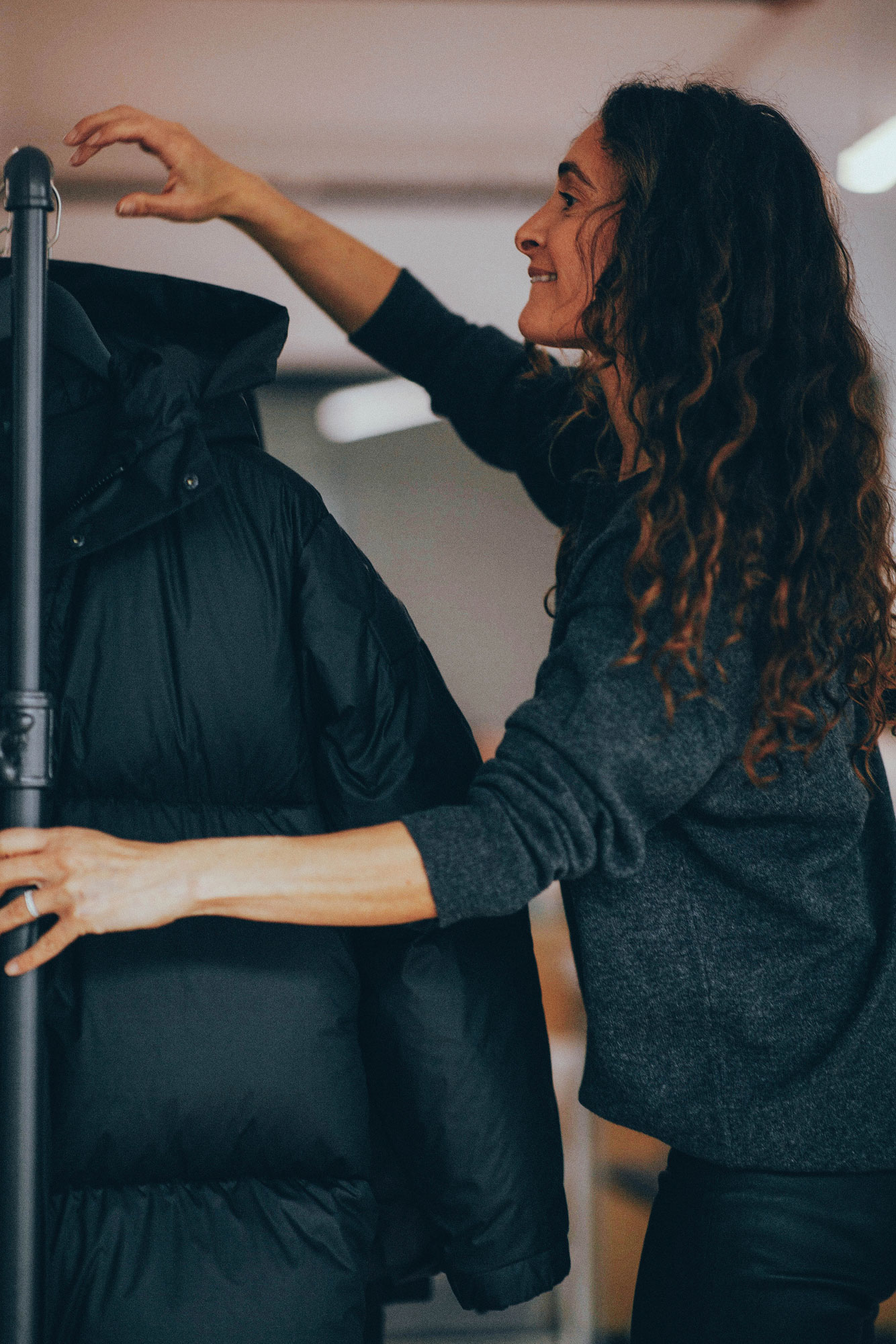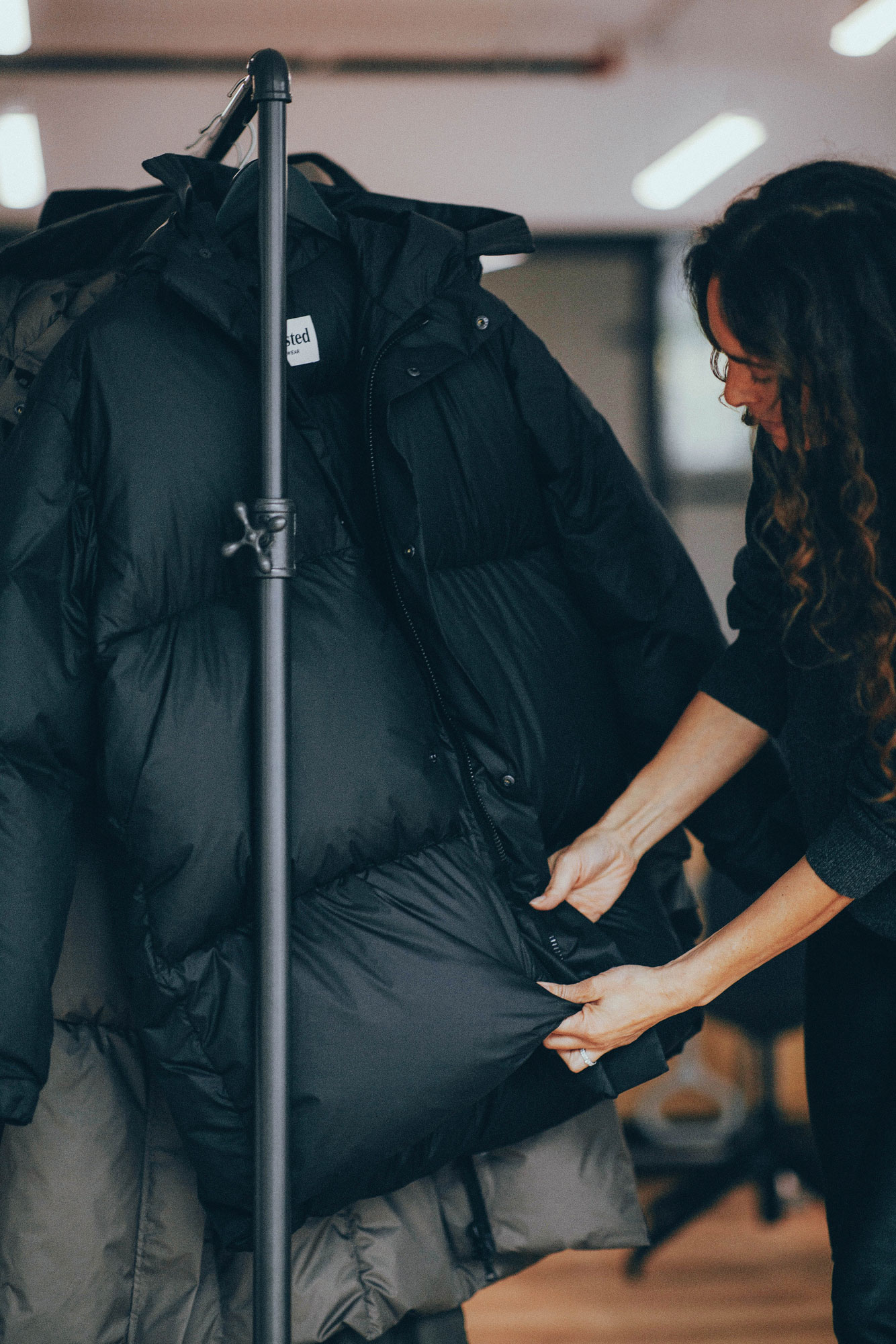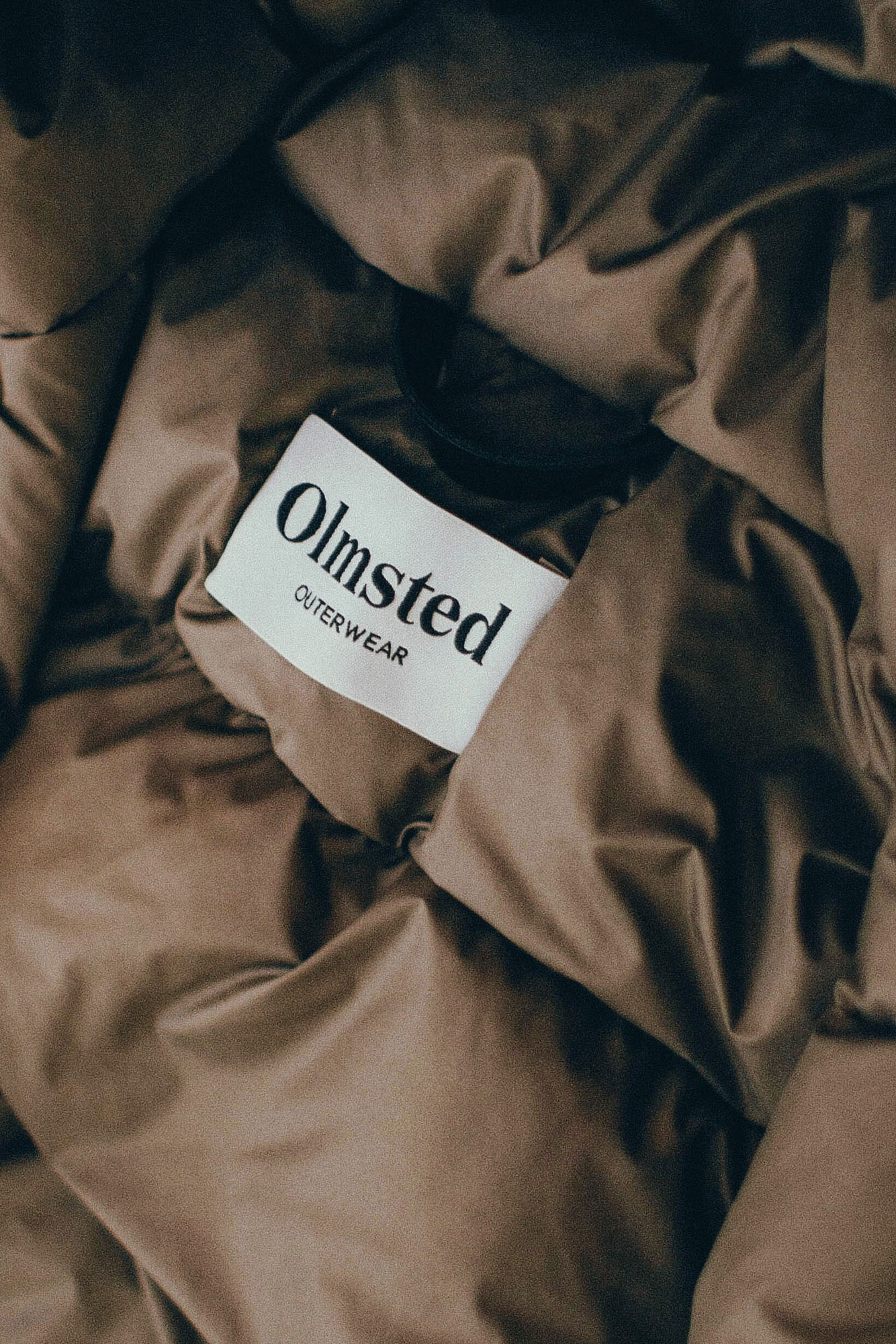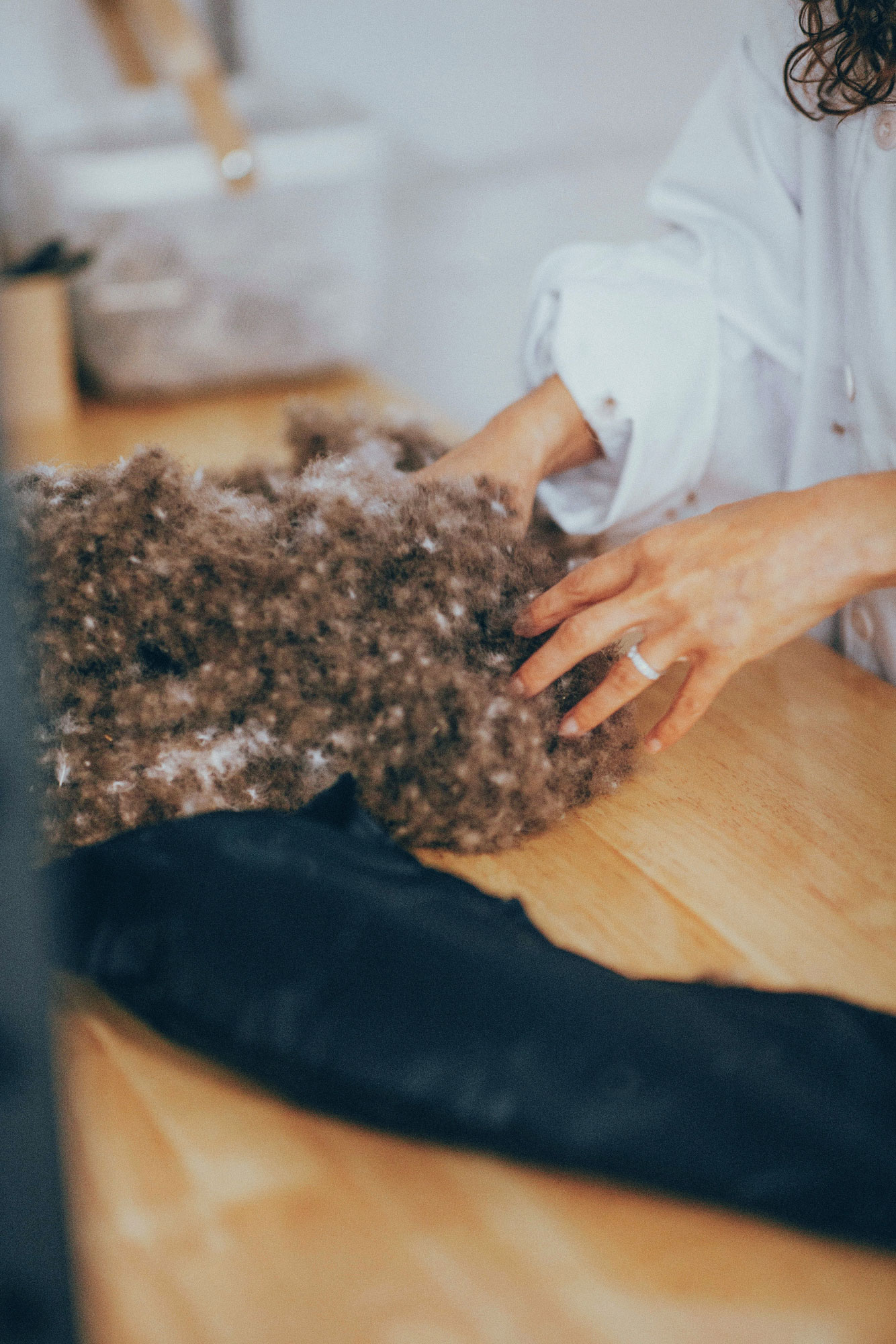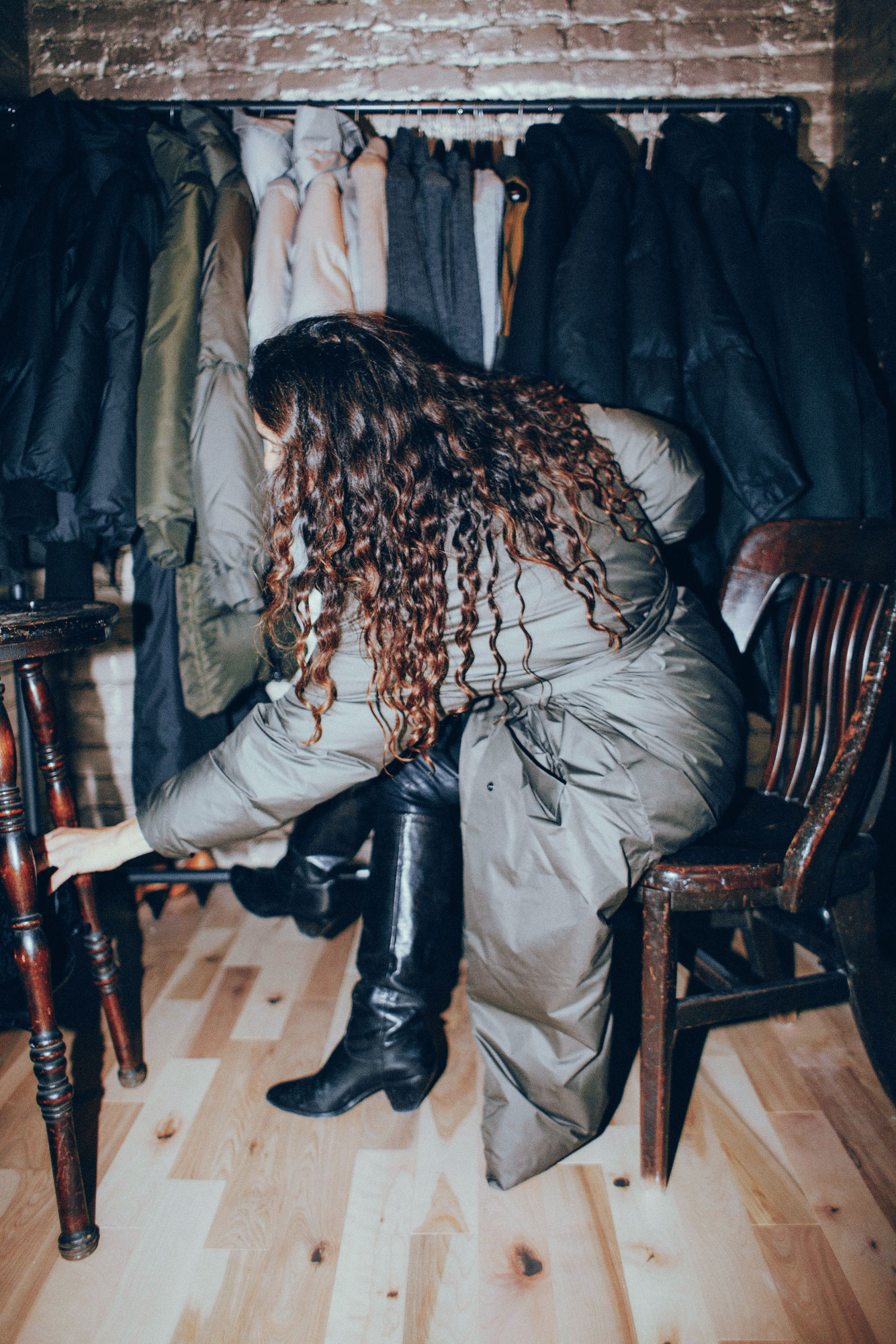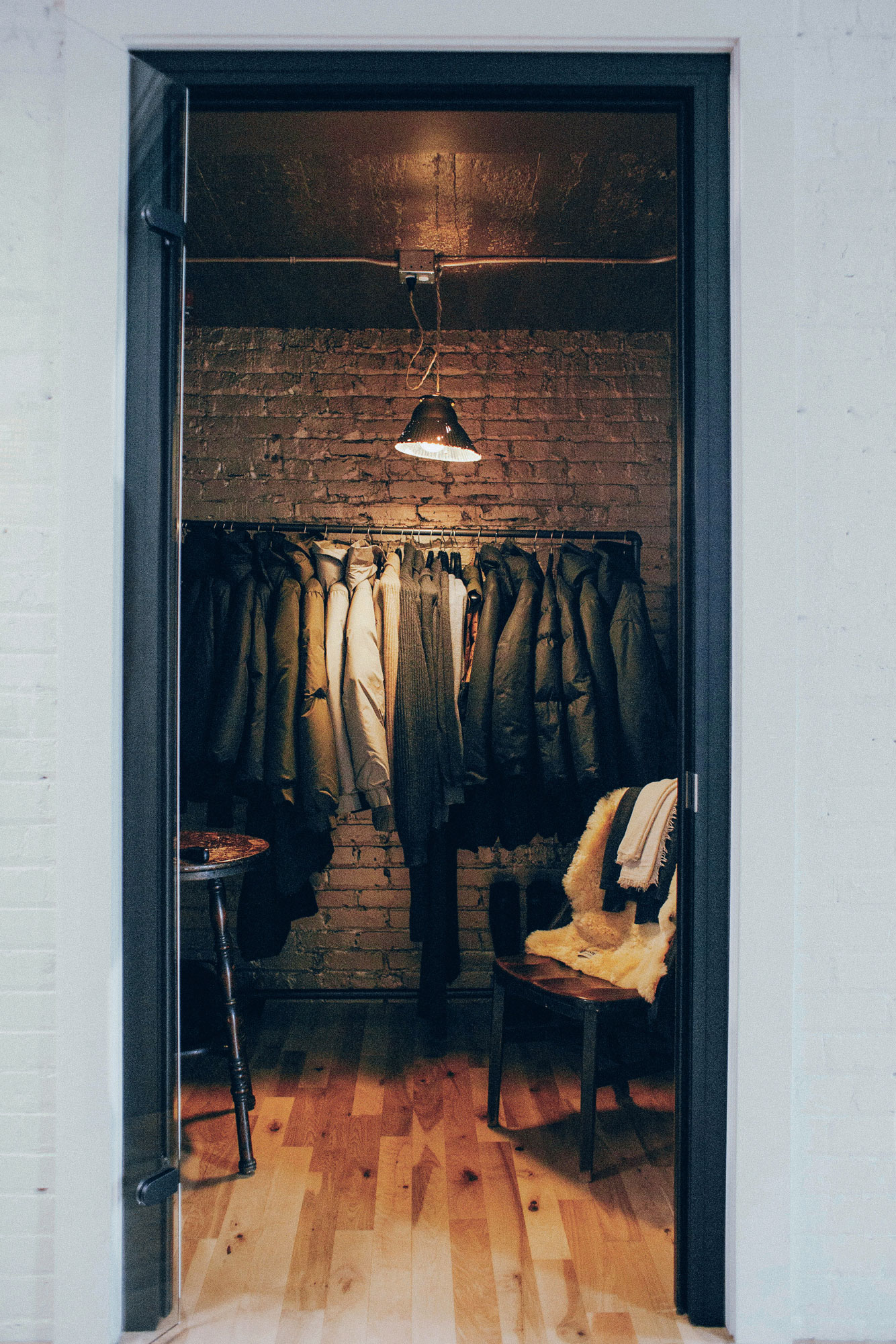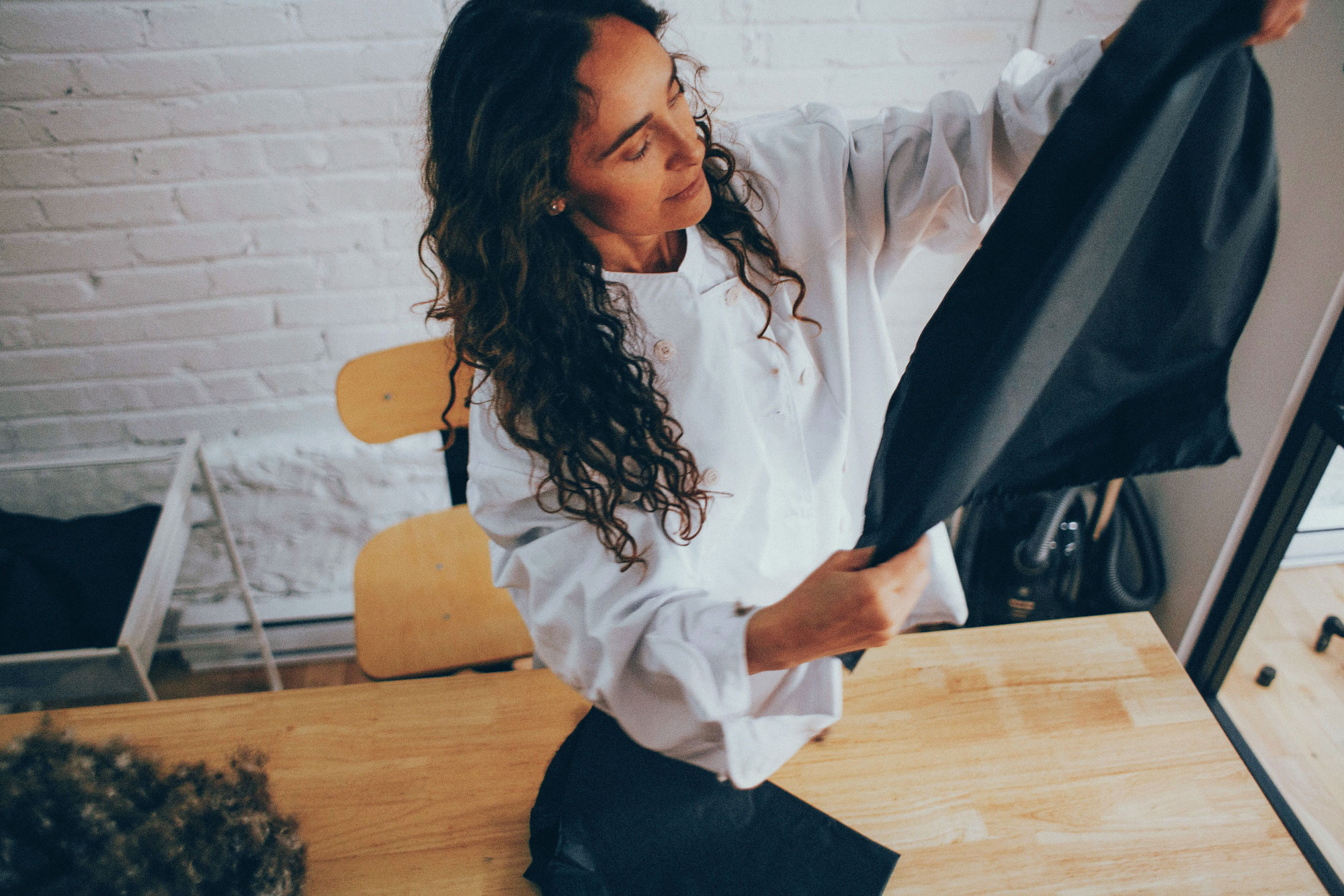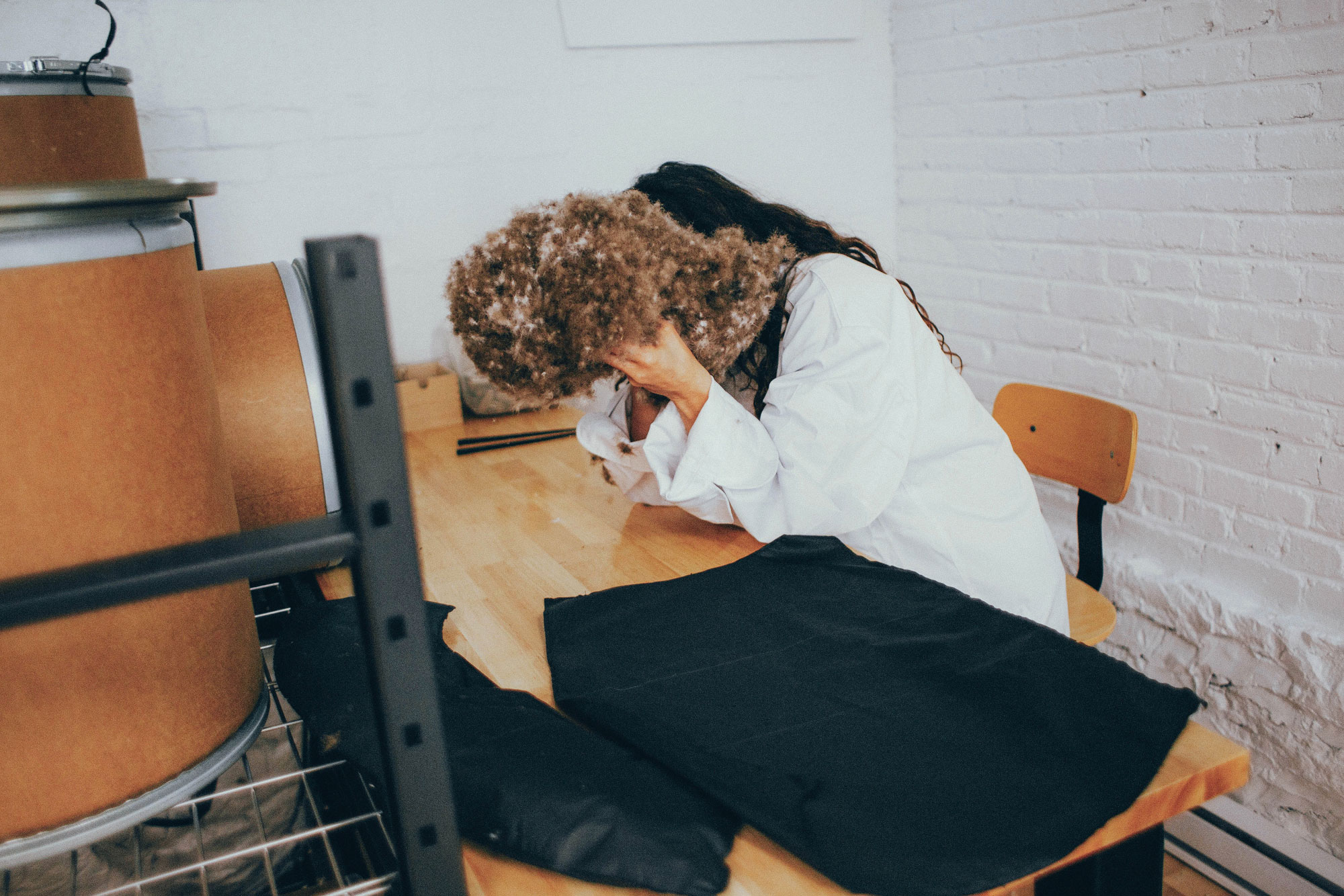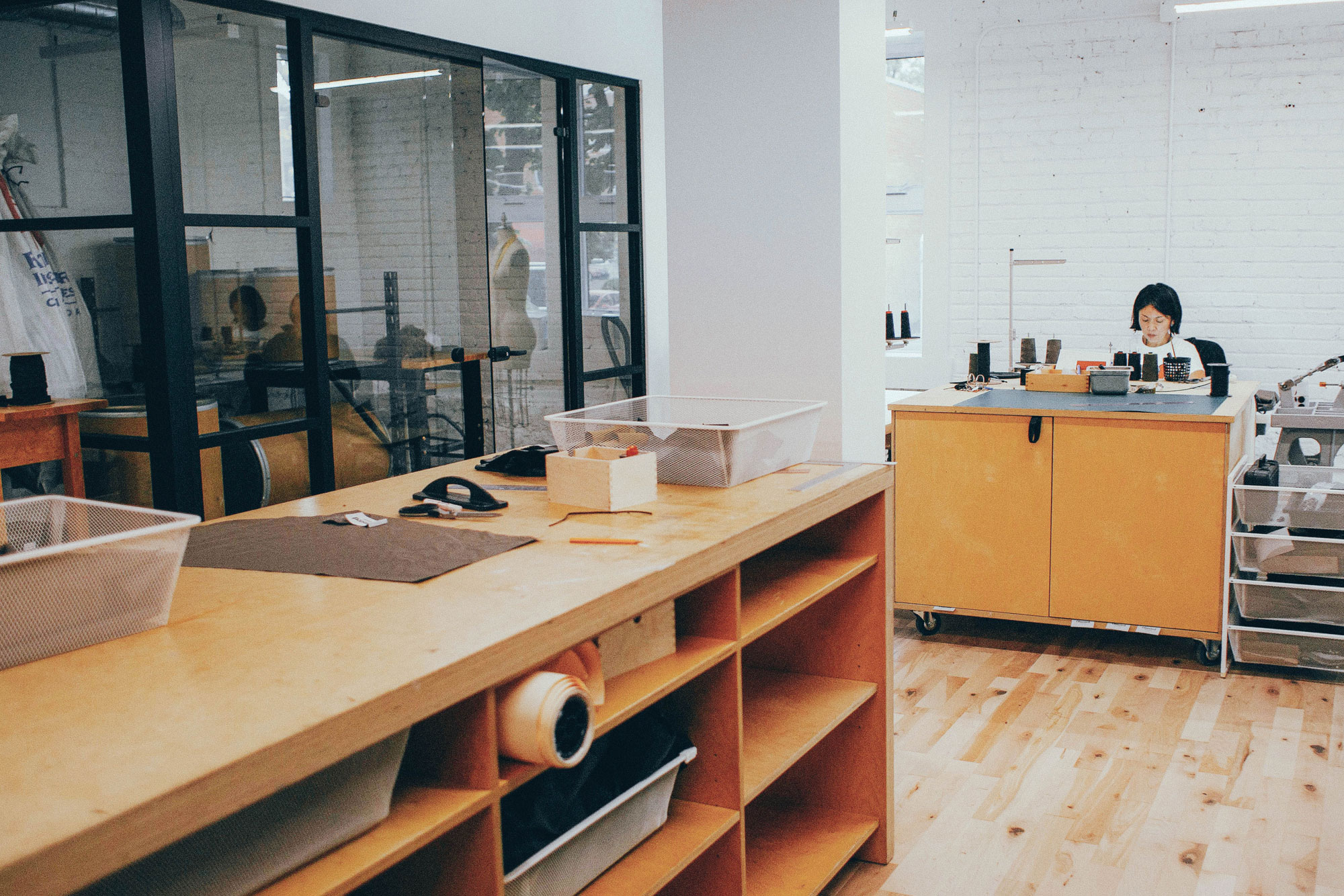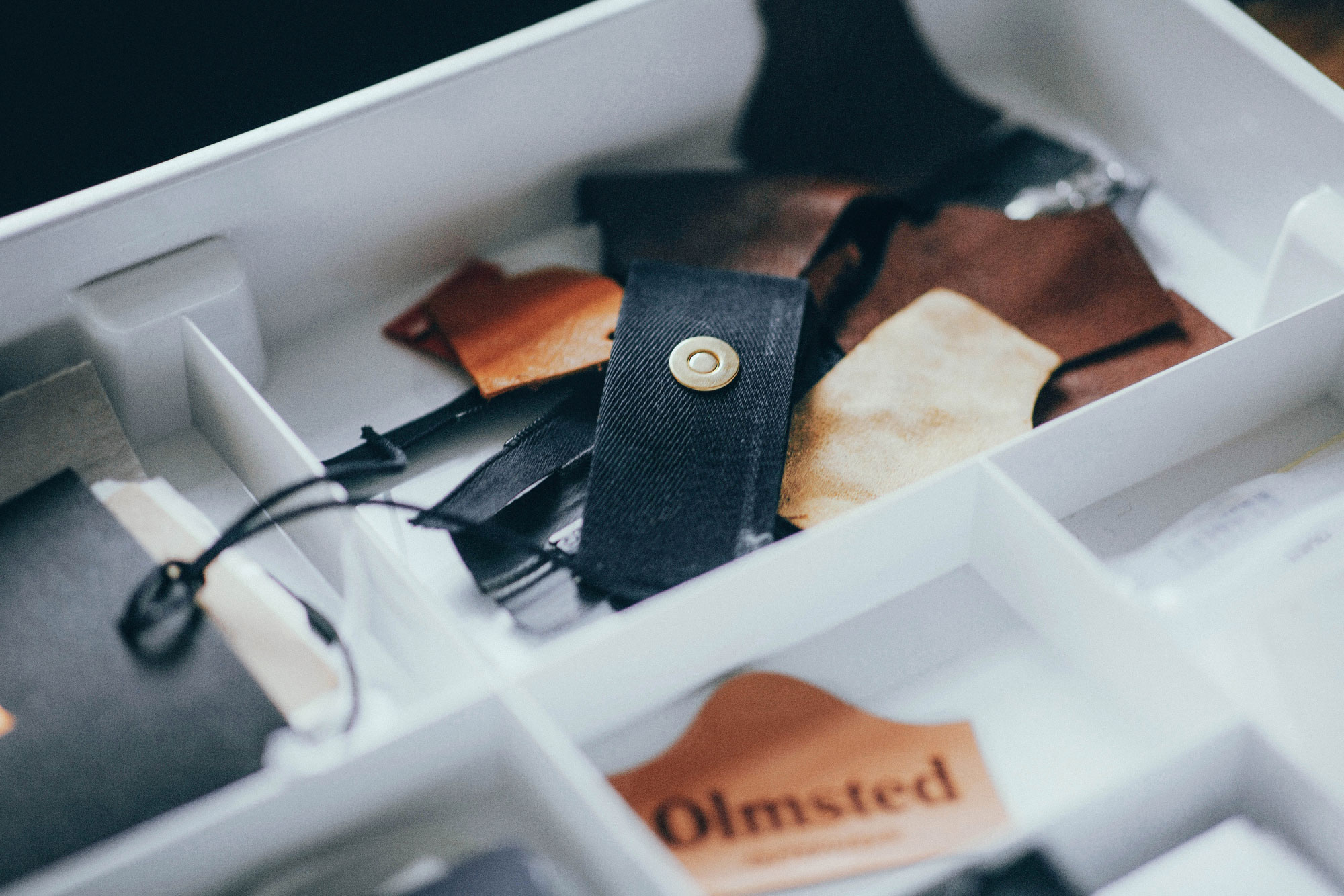Range Rover & SHARP
Melanie Ellezam, the founder of Quebec-based winter apparel line Olmsted Outerwear, isn’t fuelled by ambition. But that’s not to say she doesn’t have lofty goals.
Throughout her career, Ellezam has become invested in studying fashion supply chains and manufacturing facilities, and deeply understands the power of her position. She knows she can design and produce garments in a way that helps or harms the environment and her community. Driven by that understanding, she launched Olmsted Outerwear, an ethical, sustainable luxury winter coat line, entirely online. It was a white-knuckled leap of faith that took a stand against an industry fraught with problematic practices.
But these are not ambitious pursuits, according to Ellezam. “I’m drawn to adventure and the wilderness,” she says. Adventure lust, not ambition, is what guides her.
“I feel most creative when I’m in the wild,” says Ellezam, who’s a frequent traveller to destinations that call for tried-and-tested winter outerwear. “The gear needs to be used. So I might find that playing outside in the snow calls for a one-piece, or that the breeze on my neck is too cold and we need a higher neck,” she explains.
“You can make a difference — even in a saturated market — if you have something unique to say.”
Melanie Ellezam
When Ellezam set out to create Olmsted Outerwear, sustainability was one of her highest priorities. She wanted to develop products that respected the land, wildlife and workers. The company features products using eiderdown from wild ducks, which is harvested by hand only once per year. And Ellezam is passionate about it – like, really passionate.
“I wanted to stay away from farming and, by using wild down, there’s no carbon footprint,” she says. “Plus, these ducks migrate and come back to the same nesting area every year, so we protect their land. The more we protect their habitat, the more abundant the harvest will be. It works as a relationship.”
Taking care is how the fashion industry becomes more sustainable overall, says Ellezam. “The main issue is fast fashion. Consumers need to have deep respect for what they buy and for the work that goes into the garment. In the luxury market, classic pieces are very good quality that won’t depreciate, so part of the circular economy is to resell or repurpose it. And what I wish for companies is that they’ll feel responsible for their part in this — that they’ve thought ahead to the end of the garment’s life cycle.”
Olmsted Outerwear is a power player in sustainable fashion — Ellezam is proud of that. But consumers have to buy in at a high price point, which is something that she describes as simultaneously terrifying and exhilarating.
“We saw people starting to trust us and desiring the product,” she remembers from the time of launch. “It’s a beautiful way to use your buying power to do good and have an impact on biodiversity.”
She’s come a long way from being a direct-to-consumer business, though. Now, Olmsted Outwear has an atelier and it has partnered with a distributor in Japan. “We’re proud to have a Canadian story that would draw attention in the Japanese market,” she says.
And if she could go back and do it all again? She’d lean into her adventurous spirit even more.
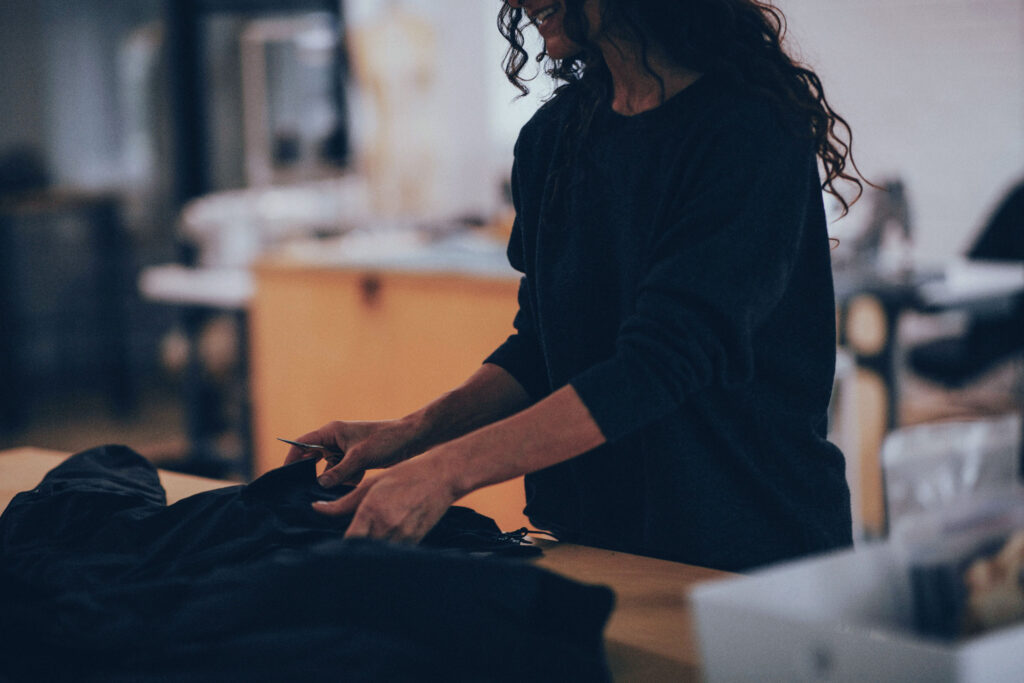
“I’d have been more straightforward,” she says. She’d determine the company’s path and purpose more boldly. But she also recognizes that it’s likely the hardest lessons along the way that show you what you’re made of.
“You need to hit the ground to jump back up,” she says. “Those harsh moments are inevitable, but they remind you to stay focused, and that you can make a difference — even in a saturated market — if you have something unique to say.”
